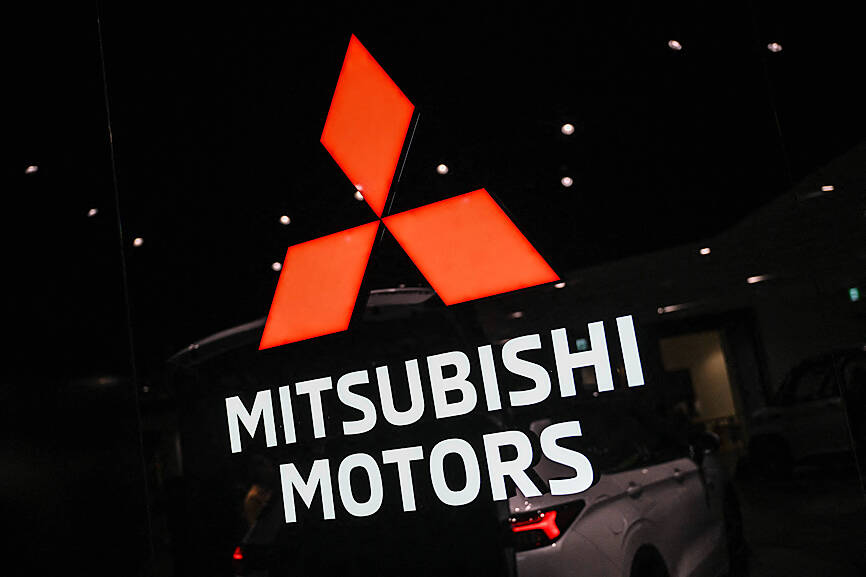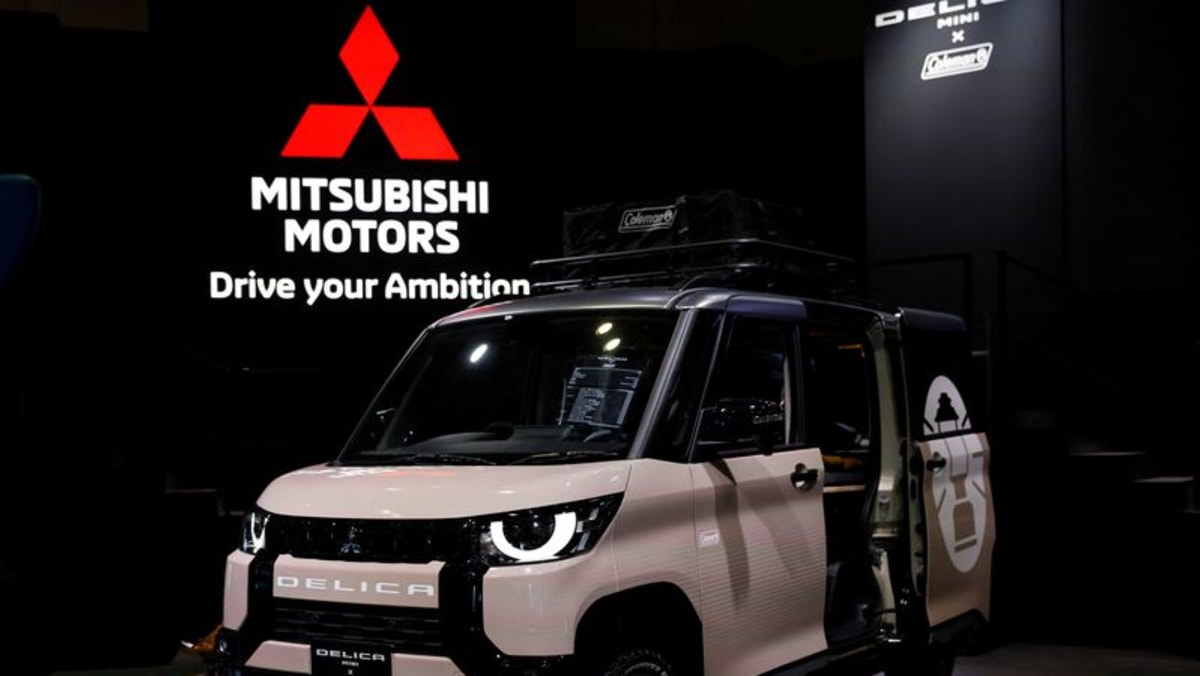Mitsubishi Motors is set to join forces with Honda Motor Co. and Nissan Motor Co. to form a new automotive alliance.

Also Read: Cadillac Sollei Concept: The Convertible Luxury EV
Mitsubishi Motors will join Honda and Nissan, creating an alliance that consolidates Japan’s domestic automotive market into two major groups, the Toyota Motor Group and the Honda-Nissan-Mitsubishi alliance.
The Honda-Nissan-Mitsubishi alliance will have combined global sales of over 8 million vehicles, positioning them as a competitor to the Toyota Motor Group, which has alliances with Daihatsu, Suzuki, Subaru, Mazda and Hino Motors, achieving a combined sales volume of 16 million units.
Nissan, holding a 34.01% stake in Mitsubishi Motors plays a pivotal role in integrating Mitsubishi into the alliance.
This partnership is expected to enhance market competitiveness and streamline operations among the three companies.
Tesla and Chinese automakers like BYD are investing heavily in EV technology challenging traditional automakers like Honda, Nissan and Mitsubishi to innovate and expand their EV offerings.
Honda and Nissan announced a cooperation agreement in March 2024 to collaborate on EV components and artificial intelligence (AI) in automotive software platforms.
Japanese automakers have faced challenges in keeping up with the pace of EV adoption. In 2023, Nissan and Honda sold only 140,000 and 19,000 EVs worldwide compared to Tesla’s 1.8 million and BYD’s 1.57 million units.
Mitsubishi Motors is already part of an alliance with Nissan and Renault established to enhance their global competitiveness.
This existing partnership focuses on sharing technology, platforms and production resources. The new alliance with Honda plans to push the boundaries by creating a more focused approach toward electric vehicle (EV) technology and software integration.
Earlier this year, Honda and Nissan announced their intention to collaborate on electric vehicle components and artificial intelligence in automotive software platforms.
This partnership is driven by the need to enhance technological capabilities and improve cost efficiency in the evolving EV market.
Nissan has faced challenges in maintaining its market share in the US and China, which together account for half of its global sales.
The company has experienced declining profits due to heavy discounting in the US market and growing competition in China. This has led Nissan to seek partnerships to regain its competitive.
Japanese automakers face increasing competition from Chinese and American manufacturers particularly in the EV sector.
Companies like Tesla and BYD have set high standards in terms of innovation, production scale and supply chain efficiency.
Also Read: E-Scooter and E-Bike Accidents Have Surged Across the US
One of the primary goals of the Mitsubishi-Honda-Nissan alliance is to standardize in-vehicle software across their product lines.
This integration plans to enhance technological cohesion, improve user experience and enable updates and upgrades across different vehicle models.
By standardizing software, the alliance can achieve economies of scale, reducing costs associated with software development and maintenance.
The alliance will focus on collaborative efforts in developing electric vehicle components such as batteries and powertrains.
This joint approach is expected to accelerate the production of EVs enabling the companies to meet growing consumer demand and regulatory requirements for cleaner transportation.
By pooling their resources and expertise the companies aim to advance AI technology for autonomous driving, enhancing safety and efficiency in their vehicles.
The alliance seeks to complement each company’s existing vehicle lineup, leveraging strengths and filling gaps. Mitsubishi Motors is known for producing plug-in hybrid vehicles (PHVs) and pickup trucks, while Honda has a strong presence in compact and fuel-efficient cars.
By collaborating the companies can offer a wide range of products to cater to different market segments. The partnership will explore opportunities in mini car production for the Japanese market, where compact vehicles are highly popular.
Shares in Mitsubishi Motors surged by 6.3% in early afternoon trade following the reports, while Nissan’s stock rose by 2.8% and Honda’s gained 2.6%.
This positive market response shows investor confidence in the benefits of the alliance. Analysts including those from Goldman Sachs have expressed optimism about the tie-up.
Nissan and Mitsubishi Motors have committed investments in electric vehicle technology. This includes contributions to Renault’s electric vehicle business, Ampere with Nissan investing up to 600 million euros and Mitsubishi Motors contributing 200 million euros.
Given China’s status as the world’s largest auto market, the alliance is particularly focused on expanding its presence and capabilities in the region.
Nissan has announced plans to supply approximately 100,000 cars to China by 2025 including new EV models developed at its Chinese research center.
Also Read: 2025 Cadillac Escalade Gets 55 Inches Of Screen And Ditches Diesel Powertrain























